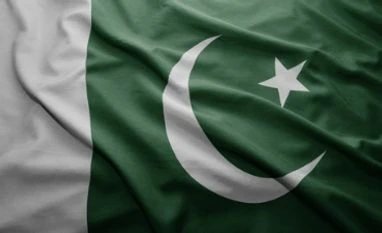Pakistan's use of extremist and terrorist proxies, including to threaten India, is a significant contributor to the global menace of Islamic extremism, a former top US diplomat said recommending that Pakistan be listed as a state sponsor of terrorism.
"Pakistani policy is the principal cause of the ongoing conflict in Afghanistan. More broadly, Pakistan's use of extremist and terrorist proxies — including to threaten India — is a significant contributor to the global menace of Islamic extremism," said Zalmay Khalilzad who played a key role in shaping American policy towards Afghanistan, Pakistan and Iraq after 9/11.
"It must be confronted if we are to succeed in defeating terrorism and extremism around the world," Khalilzad told members of the House Foreign Affairs Committee in a prepared statement submitted ahead of a Congressional hearing.
The hearing titled 'Pakistan: Friend or Foe in the Fight Against Terrorism?' has been jointly convened by the Subcommittee on Terrorism, Non-Proliferation and Trade and Subcommittee on Asia and the Pacific of the House Foreign Affairs Committee and is scheduled to be held on Wednesday.
Khalilzad, who served as US Ambassador to Afghanistan and Iraq and was also its diplomat to the UN during the George W Bush administration, alleged that since the overthrow of the Taliban regime after 9/11, Pakistan has been playing a perfidious and dangerous double game.
"It has portrayed itself as a US partner, yet supports the Taliban and the al-Qaeda-linked Haqqani network. Since 2005, the Taliban and Haqqani network have regrouped in Pakistan and waged a devastating insurgency against US and Afghan forces," he alleged.
Khalilzad said Pakistan views the Taliban as an effective proxy to ensure Pakistani dominance over Afghanistan.
Also Read
"Islamabad also believes that continuing the war in Afghanistan will lead to a US withdrawal which would change the balance of power against the current government and in favour of its proxies. Ultimately, Pakistan seeks the overthrow of the current government in Afghanistan because it is not compliant," he said.
Pakistan understands that its double-game is risky, but it believes that the risk is manageable, he observed.
"Pakistani leaders reason that they can continue to receive US assistance and avoid international isolation even if they support the Taliban and Haqqani network. They have seen little evidence that Washington will force it to choose between US support and its alliance with the Taliban," Khalilzad said.
)